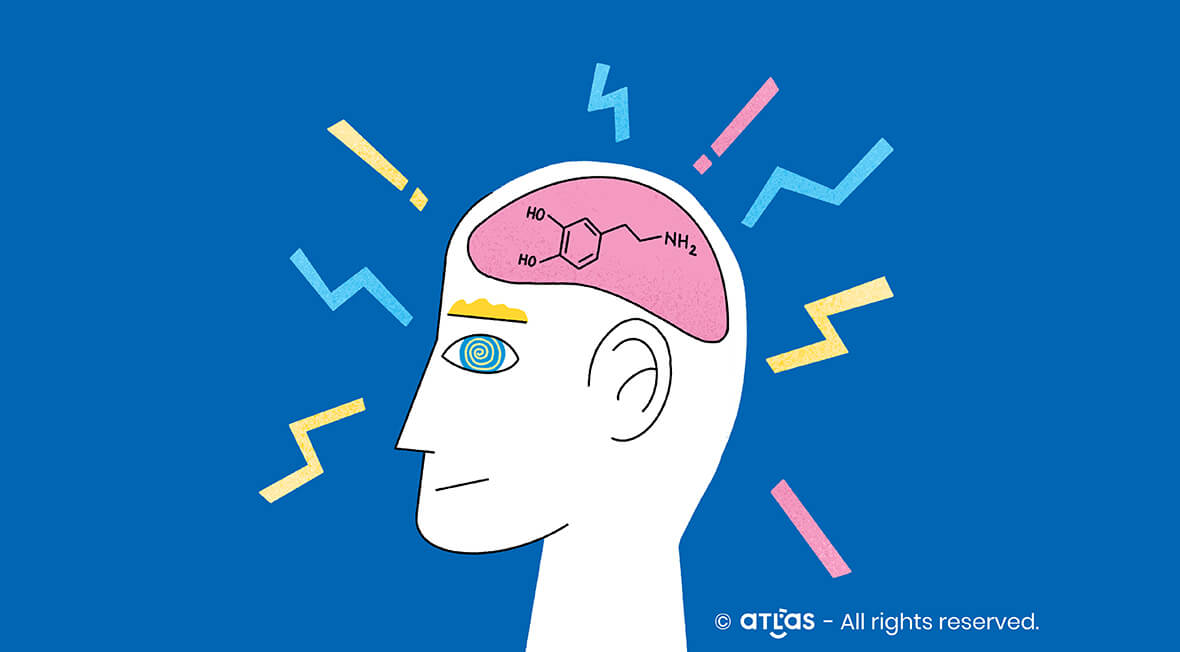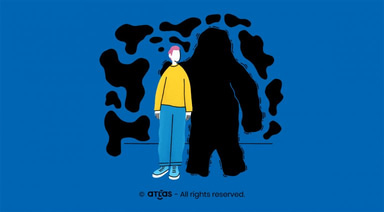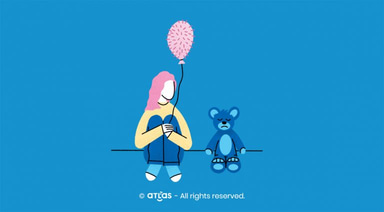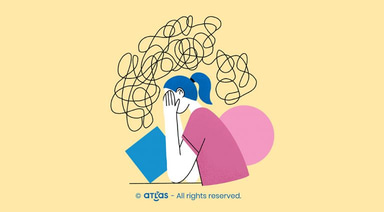Vices are like the gate of “Alice in Wonderland.” It’s just that miracles can quickly turn into trauma. We all have that hidden garden where we smoke the last cigarette, which is NEVER the last one, the last dose of everything, where we all enjoy NOW and forget that TOMORROW comes with disastrous consequences.
Not all vices start from a destructive habit, but they start from a pattern, a pleasure we repeatedly want, more and more often, until we lose control. How do we get back control or not get to this situation?
The general perception leads directly to drugs or gambling and the famous nicotine addiction. But vices can start from repetitive patterns that are not harmful at first and can be basically about anything. It could be about sex or your favourite drink. Plus, we can also have flawed attitudes. That’s why, for clarification, we need to talk about addiction, frequency, and the cause of vice.
Somewhere in this passionate, intense story with your vice, in your privacy or in front of the whole world, we develop a harmful habit. It’s a physical addiction, but until that point, it’s always about emotion and emotional addiction and always about trauma.
Let’s think about the people who play sports, and then they just do a lot of sports, often, in excess and become obsessed with the way they look. Here’s the most accessible example of good vice that has become delirium. We know it’s not really morning until you drink coffee, but if the espresso machine at an all-inclusive resort is broken, and you feel like you’re shaking and you’re restless – we’re talking about vice went to the rank of addiction.
The trap we all fall into!
A brain disease that manifests itself through compulsive use of substances, despite the harmful consequences. People with addiction (severe substance use disorder) focus heavily on the use of a particular substance, like alcohol or drugs, to the point where they take over their lives.
The habits mechanic of those around you can become a pattern. You want to be accepted, to be there with those who go out for a cigarette, with those who finish ten beers a week, but especially with those who suddenly discovered the apparent solution to unhappiness.
Vices are customized almost like a LOGO and make your addiction unique, based on the causes behind them, but also your emotional defence mechanisms.
The creation of addiction comes with modest psychological defence mechanisms. The environment we’re in has “to give us” more than “it takes” from us, but it doesn’t always happen that way.
Concrete causes of vices:
- emotional dysfunction;
- post-traumatic stress (loss of a loved one, job, divorce, loss of home);
- emotional ailments (depression, anxiety, phobia, etc.);
- desire for social acceptance;
- stigma in all its forms;
- lack of acceptance from the others;
- dopamine, the happiness hormone;
- lack of emotional control (anger,violence etc.);
- repetition of a pleasure pattern.
Stigma and vices
The vice comes with stigma and judgment sometimes. For decades, vices and addiction have been discussed as a moral issue. From the slightest vices to those considered fatal today, they were all filtered from an ethical perspective—emotional violence, but also physical violence.
What few of us know is that in America, the approach of vices first appeared as conditions started from behavioral and emotional patterns that can be treated and controlled. Where from? From inside the Alcoholics Anonymous Associations.
It started from there, but we find it virtually anywhere.
Gabriel F. -philosophy teacher, Buzău
The worst was the stigma, and I knew about it from philosophy. When you get on three paths to school and in the eyes of children, you see contempt; you ask yourself more questions.
I could see my wife from outside the family, watching her from afar. Her desire to have children, to go on holiday, to expand the business that we had – when I just wanted to finish 100 liters of wine in a few weeks, it wasn’t motivated by any means, and I was indeed depressed.
I had money and love and perspective, but that doesn’t help. I packed a tiny bag (almost wishing not to succeed), for the 3rd attempt and went to Bucharest to ask for the help of my brother who managed to admit me in a public hospital for treatment. From there to weaning with characters on the walls of the salon and self-mutilation, to the escape from the hospital, I lived them all almost unconsciously. Others have told me about them.
I’m fine now, but the fight was hell, and without specialized help, I can say that the lies we tell ourselves every day in alcoholism don’t help at all. The support of family and friends who tried not to judge me, it mattered in my healing and in being able to go out for coffee without feeling the acute need to ask for a glass of alcohol drink next to it. I later quit smoking. They were going hand in hand, and I told myself one day that I can do this. And I did.”
Is it dopamine?
Dopamine – the pleasure molecule or the cry of wanting more?
Neurologist Vaughn Bell once called dopamine “Kim Kardashian of Neurotransmitters,” whereby dopamine is seen as a scandalous celebrity among his more timid peers as glutamate in food or GABA.
Behavioural neurologist Bethany Brookshire describes dopamine as “the molecule behind all our most sinful behaviours and secret cravings” (from nicotine to sex, from coffee to drugs)
In his new book, The Molecule of More, Daniel Z. Lieberman, a professor in the Department of Psychiatry and Behavioral Sciences-George Washington University, refers to how dopamine should be played in the case of vices:
“More than offering pleasure, which is a common conception, dopamine should be better understood as a chemical compound that always wants and demands more. According to the authors, we can use what we know about dopamine to get to the reason why we are obsessed with certain things. Then we lose interest when we get them, or why we have intense relationships with something or someone, which eventually is in an intense stage, and it ends up being “warm.”
Of course, dopamine is involved in addiction, but it is not a “substance of pleasure.” Dopamine has a lot of functions in the brain – is involved in everything from regulating circulation to controlling attention.
For the most part, its effects depend on the operating pathways of the brain that it uses at a given time.
Gambling case
Studies of roulette players have shown that there is as much dopamine activity when punters lose money as when they have a pleasant victory.
So once again, it’s more of a pattern of his I want more. In this case, dopamine doesn’t seem to be about pleasure, but it indicates how close you’ve come to the reward and encourages you to give it another try. It works well when success depends on skills, but dramatically when we push towards gambling.
The case of drug addiction
Drug addicts talk about affecting the motivational system, but also about changing pleasure. Many long-term addicts say that they feel a little pleasure coming from the dose itself, but on the other hand, they feel encouraged to continue and have a clear frequency. That’s why when the dose time is approaching; they are usually willing to steal and do absolutely anything to have the money needed to provide pleasure.
Why should you access a specialist?
The road to recovery for life-threatening defects is a long one. Your cooperation is essential because the tendency is not to tell the whole truth to the specialist or to adjust, for example, the number of substances, the alcohol consumed.
Stigma from those around you, fear of job loss, shame makes it even harder to address these ailments. You need to know that there are solutions for your vices and ways to treat addiction, even if, in some cases, the approach has to be multidisciplinary.
Let the ATLAS Specialist help you from a click away. We have specialists for all the vices you want to get rid of. We’re here for you!



